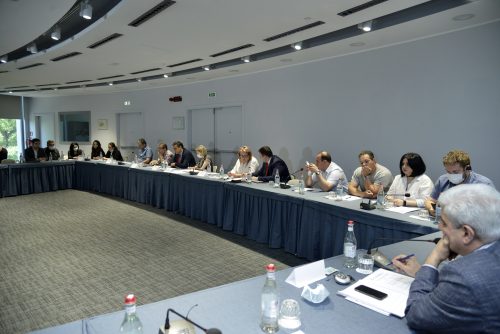
On 27 May 2021, the Partnership for Open Society Initiative and Helsinki Citizens’ Assembly Vanadzor Office organized a discussion on “The potential and challenges of the protection of the rights of missing persons and their families in the Republic of Armenia”.
Representatives of international structures and state bodies, as well as civil society representatives and missing persons’ family members were invited to the discussion.
The discussion aimed to once again touch upon issues in the protection of the rights of missing persons and their family members, discuss the situation created after the second Artsakh war and mechanisms of solution to systemic problems.
For years on end, HCA Vanadzor has been engaged in these matters, and with the purpose of solving the issues, more than 15 years ago, HCA Vanadzor initiated the Draft Law “On missing persons”, which was never adopted.
The first discussion on the need to adopt the draft law was first held in the National Assembly on 10 March 2021.
During and after the war, as a result of HCA Vanadzor fact-finding activity, a number of systemic issues were identified: it was not known which structures were dealing with matters related to missing persons; there was no unified system; citizens’ right to information on the wherabouts of their relatives was not ensured; just as in the past, citizens were again facing the issue of the lack of a legal status and the entailing social problems.
During the opening speech, HCA Vanadzor Chairman Artur Sakunts noted, “Steps were taken, structures were established and solutions were given with respect to the protection of the rights of missing persons and their families, but they were fragmentary. The latest war also showed that they had not been sufficient”.
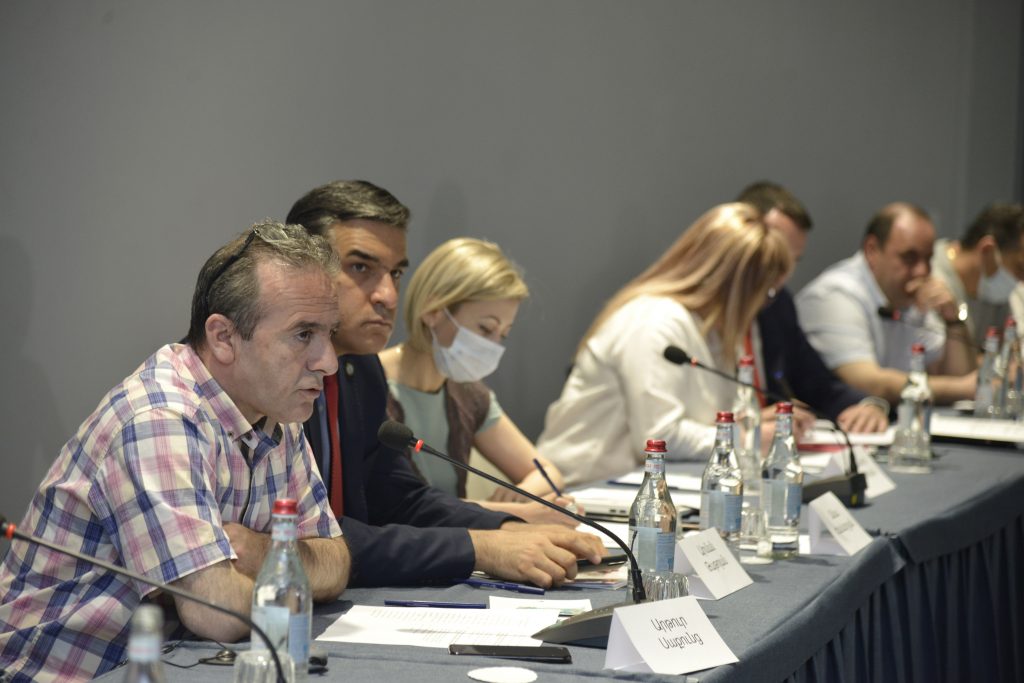
OSF-Armenia Deputy Head for Programs Davit Amiryan expressed his concern that this issue has existed since the first Artsakh war, and not having completely solved them, we are now facing new challenges.
“Unfortunately, with the first Artsakh war issues still unresolved, we are again facing this problem. There are no dividing lines, political views in this issue, there is only humanity and compassion for hundreds of families”, D. Amiryan mentioned.
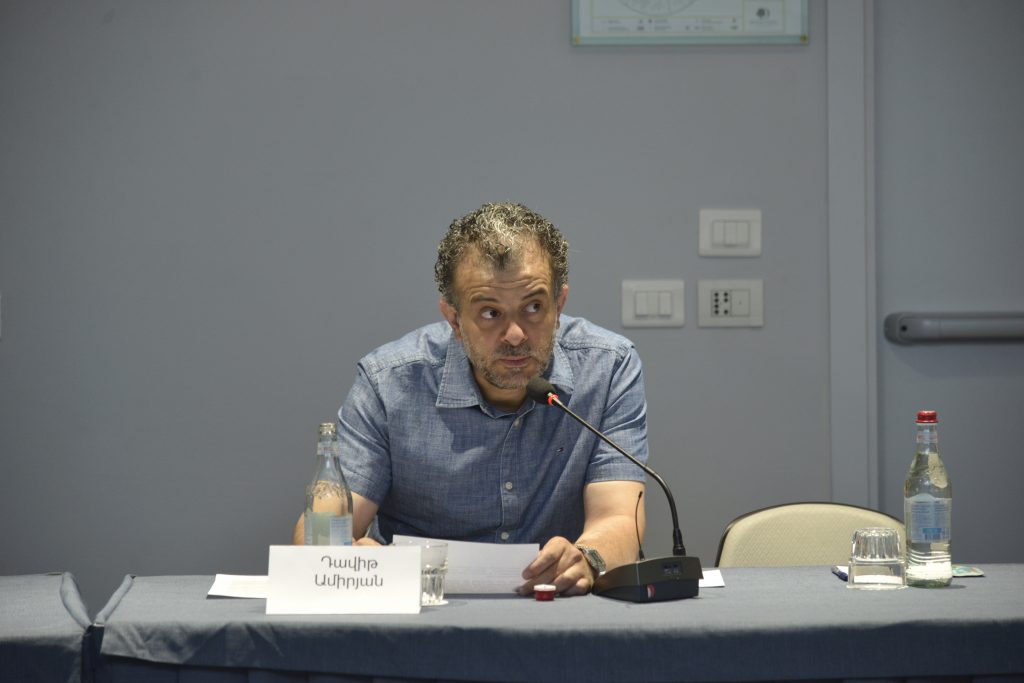
In his speech, the RA Human Rights Defender Arman Tatoyan attached importance to the initiation of this discussion aimed at raising issues of missing persons and their families. The Ombudsman also highlighted the involvement of civil society in this process.
“Humanitarian issues, human rights issues cannot be politicized. This is a universal absolute principle and should be in place as long as these issues have not been objectively solved, but the Azerbaijani side is explicitly creating obstacles. I do not consider it right that the RA Government does not publicize how many captives there are in Azerbaijan in its opinion, as it would ensure an additional guarantee and enhance the pressure”.
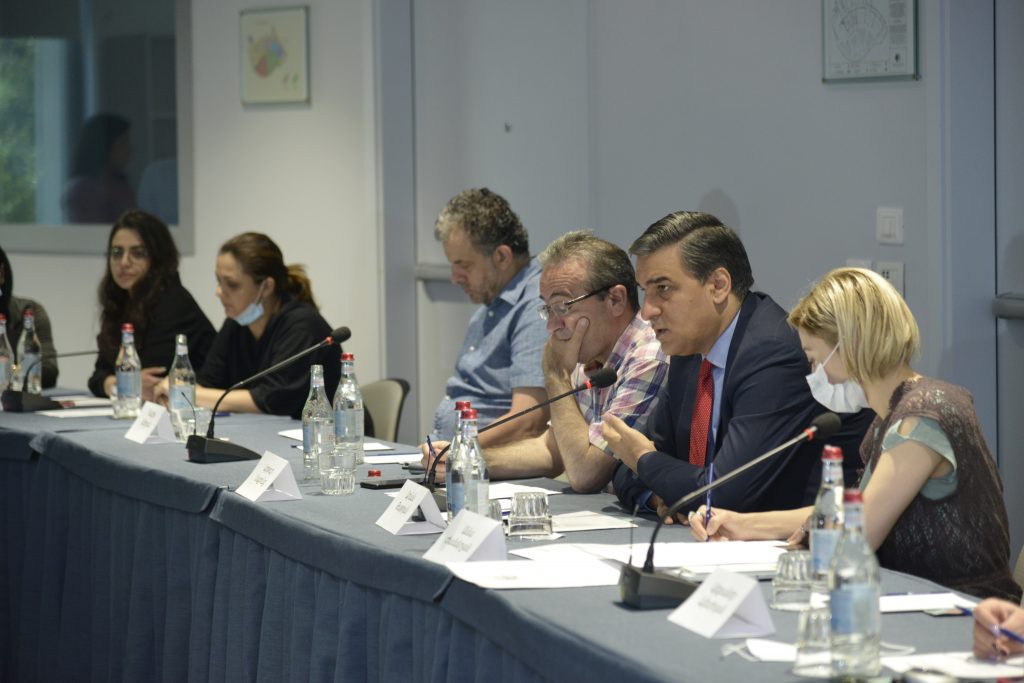
Missing persons’ relatives, who were present during the discussion, also presented the processes related to their relatives and raised the relevant issues.
“We never managed to find out which state structures added my brother’s name on the list of captives, given that there are no facts. We still do not have information about it”, missing serviceman’s sister Arusik Ohanyan mentioned.
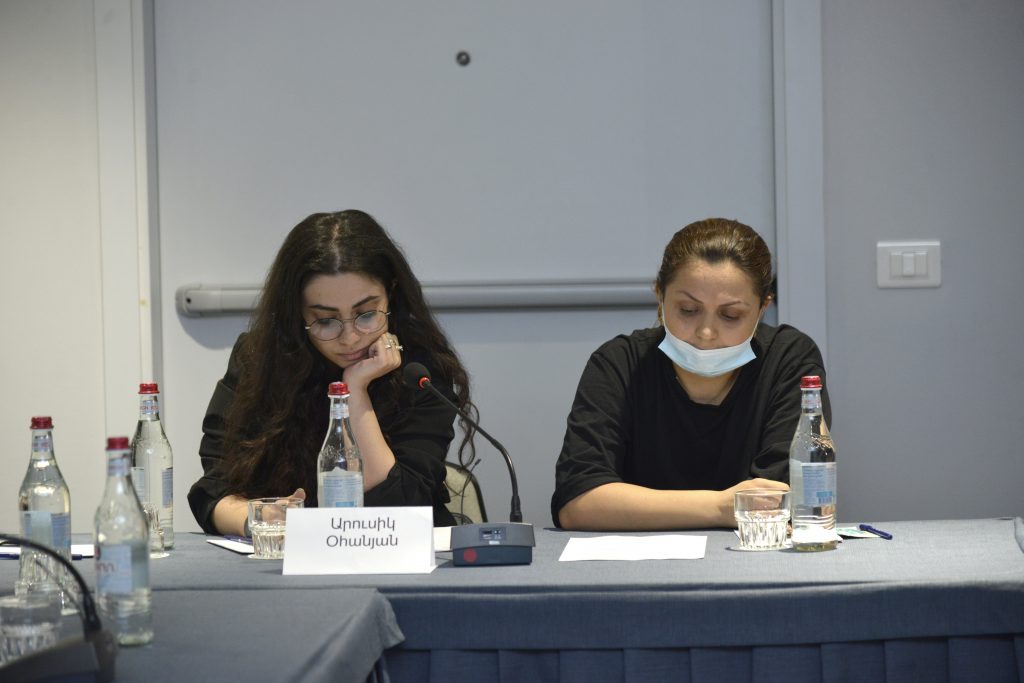
A missing serviceman’s relative Aram Varagyan mentioned that he was dissatisfied with all the state structures. He has not been provided with any information on his son since the beginning of the war. “No one ever thinks of that child. No one gives any news”, he mentioned indignantly.
Representatives of the RA Ministry of Defence, and the RA Ministry of Labor and Social Affairs presented what actions they were taking to tackle the raised issues. Relatives of missing servicemen had an opportunity to address their questions to the officials. Stepan Grigoryan, Head of Analytical Centre on Globalization and Regional Cooperation, noted, “Authorities and faces change, but one tradition has persisted over 30 years: we do not actively work with international structures, platforms”.
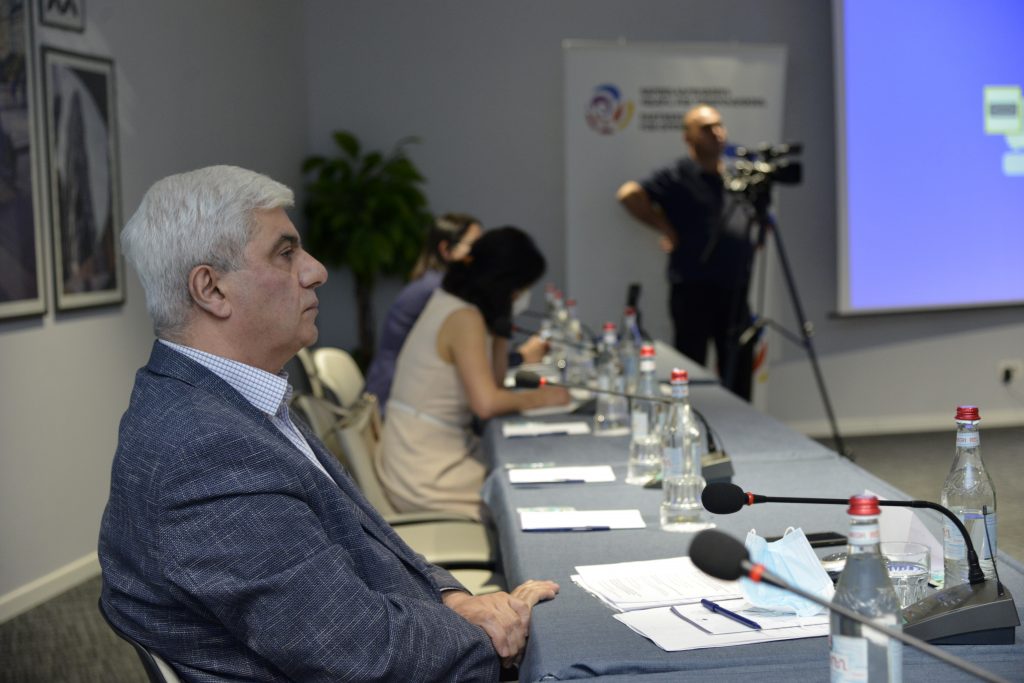
Jeremy Sarkin, Professor of Law at NOVA University in Lisbon and former Chair-Rapporteur of the UN Working Group on Enforced or Involuntary Disappearances, also remotely joined the discussion. He presented the international experience and possible mechanisms of solving the raised issues. The discussion was broadcast live on Factor TV: https://www.youtube.com/watch?v=FtbArqK19mo .
HCA Vanadzor will be consistent with respect to the protection of the rights of missing servicemen and their families. Systemic problems – such as the lack of one unified body and system tackling issues related to missing persons, not ensuring the right to information on their relative’s whereabouts, not adopting the law on missing persons and the entailing problems, namely, the lack of a legal status, social problems – have always been in the center of the Organization’s attention and we will periodically raise these issues and draw the relevant bodies’ attention to them in the frame of such initiatives.
